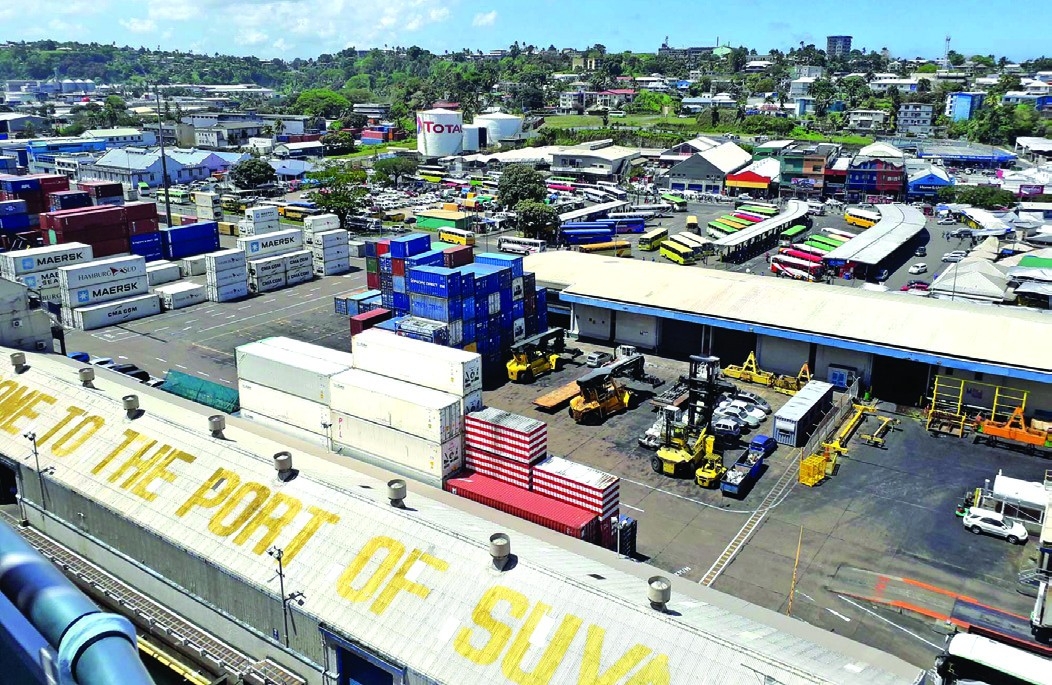Fiji’s celebration of its 50th year of independence is not only a celebration for the country but for the region as well.
It has also been 50 years since the father of modern Fiji and Pacific statesman, Ratu Sir Kamisese Mara coined the words “Pacific Way” at the United Nations in 1970, to symbolise a way of doing things specific to the Pacific where people of different races, opinions and cultures can live and work together for the good of all, can differ without rancour, govern without malice and accept responsibility as reasonable people intent on serving the interests of all.
As individuals, Pacific island nations are too small to be heard in the global space but as a region or in the “Pacific Way”, our voices are more amplified.
Oceania Customs Organisation (OCO), headquartered in Fiji, is an example of the “Pacific Way”. With a membership of 23 countries in the Pacific region, OCO’s mission is to facilitate and help customs administrations align with international standards and best practice, which would lead to greater economic prosperity and increased border security.
OCO was born out of the Customs Heads of Administration Regional Meeting (CHARM) held annually in the 1980s, which was a forum to promote harmonised and simplified customs procedures, introduce new methods, exchange information and generally improve communication between member administrations.
Over the years, it became clearer that the needs of the 23 customs administrations had grown and there was a need to have a secretariat. OCO was established at the final CHARM gathering in August 1998 in Tonga, which was the first OCO Annual Conference of Customs Heads.
The OCO secretariat was initially hosted by Australian Customs in Brisbane before it was moved to Noumea, New Caledonia in 2002 and eventually Fiji.
As not all Pacific Island nations are members of the World Customs Organisation or the World Trade Organisation, OCO has been bridging the gap in these nations through knowledge sharing, training and assisting customs administrations to implement standards of the same level as the two global organisations.
But while customs administrations in the region have evolved and progressed, there are also challenges that we must address urgently.
Without a doubt the role of customs is important in an economy- to facilitate trade and generate revenue as well as to ensure border security.
We are seeing emerging threats within the customs environment such as the trade of counterfeit goods, illicit financial flows, trafficking of people, drugs and weapons and money laundering to name a few.
But the greatest challenge, which has had far-reaching effects across the world is COVID-19.
The work of a customs officer today is not as similar as five or 10 years ago. A customs officer today must ensure he or she is safe from contracting the virus and that it also doesn’t enter a country.
According to the World Health Organisation (WHO), the COVID-19 virus can live on external surfaces for up to three days. Customs administrations must ensure their officers are well protected and the region is protected as well through quarantining and sanitizing of cargoes.
The safety of customs officers and other border agencies, as well as those in the private sector involved in the movement and clearance of goods is critical now.
Without a doubt, COVID-19 has affected the way we do things and we are embracing the new normal as best as we can.
There may be a lot of doom and gloom all around us but there is one thing we can all agree on- Pacific islands and their people are resilient.
That resilience and the spirit of working together as Pacific islanders will carry us through these tough times.
OCO and its members are doing that and we are ensuring that in the true spirit of the Pacific Way- we are transparent and accountable for our actions. More importantly, we are serving the interests of all.
We thank Fiji for its contributions to the region and the establishment of the OCO Secretariat.
